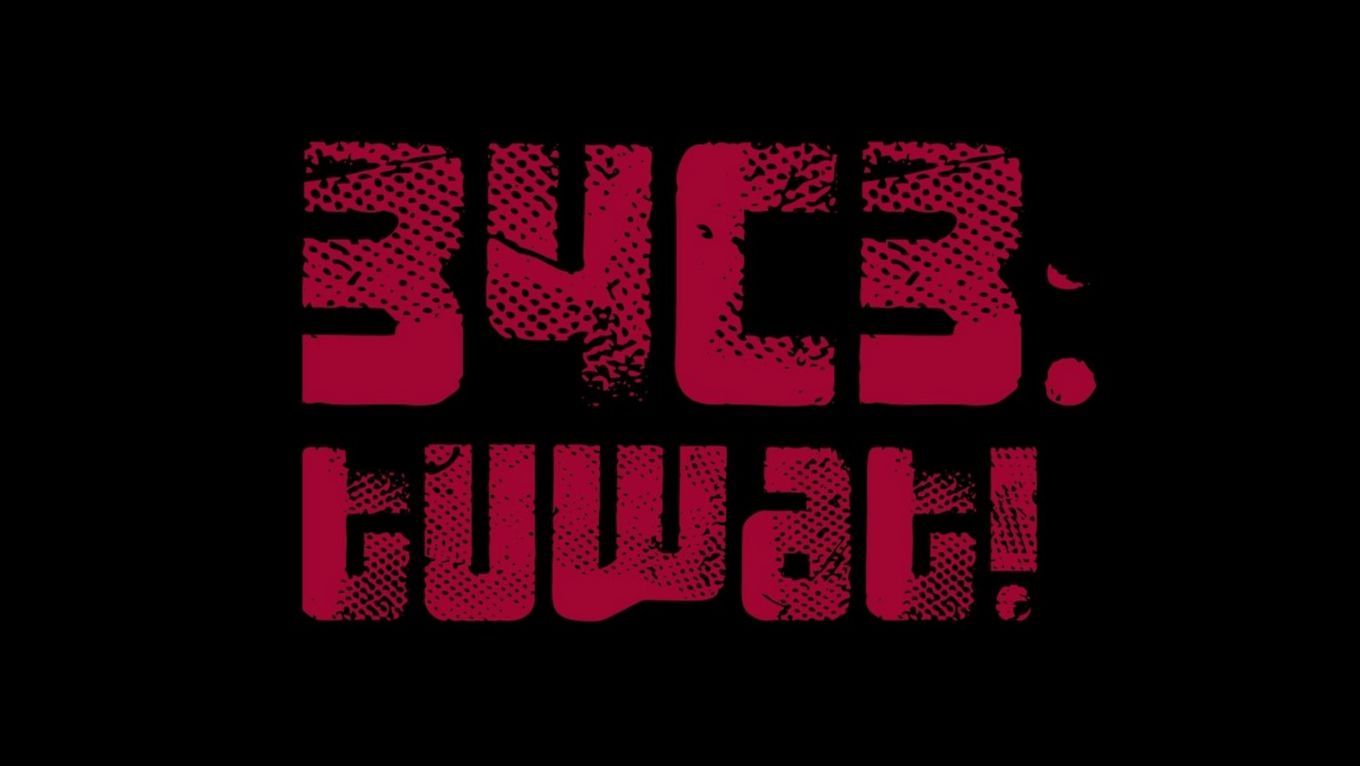Ethics, Society & Politics
Uncertain Concern
How Undocumented Immigrants in the US Navigate Technology
Over 11 million undocumented immigrants live in the United States today. Immediately after taking office, the Trump administration issued two executive orders pumping resources into border and immigration enforcement agencies, heightening fears of deportation, harassment, and family separation among immigrant communities. In the following months reports emerged of increased immigration enforcement activity and hints about the deployment of new high-tech methods by the immigration enforcement agency. I will discuss the current state of immigration enforcement in the US and associated surveillance capabilities, the results of a study with undocumented immigrants about their technology practices, and the takeaways for the technology and privacy community in supporting communities of heightened risk.
In this talk, I will first discuss the current state of immigration enforcement in the United States, including recent immigration policy changes, known surveillance capabilities of enforcement agencies, and recent efforts by these agencies that hint at an expansion of technical sophistication. I will then discuss lessons and insights from a series of interviews we conducted with undocumented immigrants and immigrant rights organizations about this community’s technology practices, risk awareness, and security and privacy behavior online. We find that in the face of acute risk of detention, harassment, and deportation, this community is well-versed in managing risks offline. Their most common strategies for managing risk online—self-censorship and controlling access to spaces—are largely the same techniques used in the physical world. However, the immigrants we interviewed are extremely uncertain about the effectiveness of their defenses against adversaries online, which are typically conceptualized as nebulous and all-knowing.
We find that managing privacy and immigration status disclosure, a responsibility that rests not only with individuals but in communities, is more complex online. This is in part due to a diminishing sense of control online over where and how information is exposed. Furthermore, this community places a surprising amount of trust in the platforms that host their community spaces, which exposes a potentially dangerous gap in understanding about information collection and use by companies. Based on our findings, I will discuss what technologists, security tool developers, and activists should be aware of in order to more effectively support communities of heightened risk in protecting themselves online.
Additional information
| Type | lecture |
|---|---|
| Language | English |
More sessions
| 12/27/17 |
In der EU wird gerade über eine Verordnung verhandelt, die für die Vertraulichkeit der elektronischen Kommunikation verbindliche und zeitgemäße Regeln schaffen soll. Diese „ePrivacy-Verordnung“ könnte in absehbarer Zeit die letzte Möglichkeit sein, dem informationellen Kontrollverlust EU-weit politisch etwas entgegenzusetzen.
|
| 12/27/17 |
The Joint Threat Research Intelligence Group (JTRIG), a unit in one of Britain’s intelligence agencies, is tasked with creating sockpuppet accounts and fake content on social media, in order to use "dirty tricks" to "destroy, deny, degrade [and] disrupt" enemies by "discrediting" them. In this talk, we reveal some of that content, in relation to infiltrating activists groups around the world, including during the Arab spring and Iranian revolution.
|
| 12/27/17 |
In 2014 China’s government announced the implementation of big data based social credit systems (SCS). The SCS will rate online and offline behavior to create a score for each user. One of them is planned to become mandatory in 2020. This lecture will review the current state of governmental and private SCS and different aspects of these systems.
|
| 12/27/17 |
Deutschland hat gewählt, man weiß nur noch nicht, wer regieren wird. Bis Weihnachten könnte ein Koalitionsvertrag verhandelt worden sein, vielleicht auch später. Was sind die zu erwartenden großen Debatten der neuen Legislaturperiode?
|
| 12/27/17 |
France is part of the top countries trying to destroy encryption, especially through backdoor obligations, global interceptions, and effort to get access to master keys. French law already criminalises the use of encryption, imposing heavier penalties on people using it or regarding them as general suspects. How can we oppose this trend? What political role for developers?
|
| 12/27/17 |
Software vendors like to claim that their software is secure, but the effort and techniques applied to this end vary significantly across the industry. From an end-user's perspective, how do you identify those vendors who are effective at securing their software? From a vendor's perspective, how do you identify those techniques which are effective at improving security? Presenting joint work with Sarah Zatko, mudge, Patrick Stach, and Parker Thompson.
|
| 12/27/17 |
Der NSA-BND-Untersuchungsausschuss des Deutschen Bundestags ist zu Ende. Da bietet es sich an, nun auf die gesammelten Geheimdienstskandale und die Reaktionen auf die Enthüllungen zurückzublicken.
|

